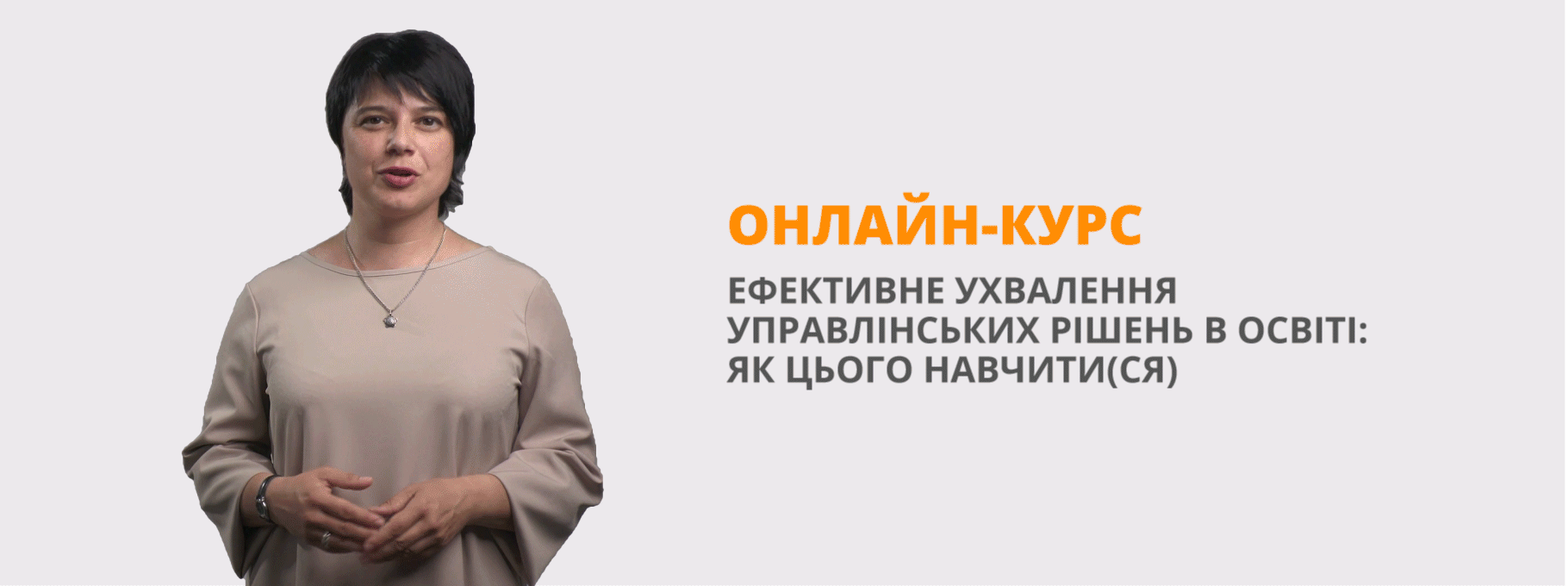Урок на тему "Моя подоріж"
УРОК НА ТЕМУ «ПОДОРОЖ» (6 клас)
Тема: «My travelling»
Мета: тренувати у використанні тематичної лексики і граматичного матеріалу;
розвивати навички аудіювання, письма, усного мовлення;
вчити складати розповідь-повідомлення
Очікувані результати: на кінець уроку учні вміють складати, писати і розказувати повідомлення про свою подорож.
Хід уроку
- Організаційний момент. Оголошення теми і мети уроку.
- Warm-up: асоціації із словом TRAVELLIG ( вчитель записує ідеї на дошці)
- Бесіда: a) Do you like to travel?
How do you like to travel?
Do many people like traveling?
Why do people travel?
How can people travel?
How can people travel in London?
b) Складання побажання за зразком : I would like to visit ... .
I will go to … by … .
4. Бігаючий диктант : (групова робота: кожній групі дається свій текст)
a) запишіть текст у зошити
All people like traveling.
People can travel by … .
Travelling by train is … .
Travelling by car is expensive but … .
People travel for pleasure and on … .
My name is……
I like to travel by….
Travelling is interesting, pleasant and… .
I can see museums, ………
Travelling broadens our mind.
б) доповніть текст: (учні заповнюють пропуски в переписаному тексті і зачитують свої міні-розповіді).
5. Фізхвилинка - карусель. (на дошці написані допоміжні структури)
How do you like to travel?
I like to travel by ……..
6. Аудіювання
1) Pre-listening activity:
a) put the verbs into the Past Simple
come, begin, know, say, ask, can, find
b) find the antonyms to the given words
young - ; everybody - ; very well -
c) guess the meaning of the words
inspector, suitcase, station
2) Listening to the text
WHERE IS MY TICKET?
An old scientist, whom everybody in England knew very well, was travelling by train. When the ticket-inspector came to the scientist and asked him for his ticket, the old man began to look for it in his bag and suitcase, but could not find it.
"There is no hurry," said the ticket-inspector, who knew the scientist very well. "I can come again at the next station." But at the next station it was just the same. The old scientist could not find his ticket.
"That's all right," said the ticket-inspector. "That's all right."
"Oh, but I must find the ticket," said the man. "I want to know where I am going."
3) After-listening activity
1. Put “T” for the right statement and “F” for the wrong statement.
- A young man travelled by train.
- A ticket-inspector asked him about the ticket.
- The scientist could not find the ticket.
- The ticket-inspector went away.
- The next station the scientist showed the ticket to the ticket-inspector.
- The scientist wanted to find the ticket because he don’t know where he was going.
2. Complete the sentences :
Asked where find man said scientist
- The old _______ was traveling by train.
- He was a famous _______.
- The ticket-inspector came to him and _________ for the ticket.
- The scientist could not ________ it.
- “That’s all right” ________ the ticket-inspector.
- But the old scientist looked for the ticket because he wanted to know _______ he was going.
- Повторення граматики: завдання на картках (розкрийте дужки і поставте дієслова у потрібній часовій формі)
Last summer we (to visit) Kyiv.
We (to travel) there by train.
The travelling (to be) interesting.
Now we (to watch) photos.
Next summer we (to go) to London.
- Скласти маленьку розповідь, починаючи зі слів “Last Sunday I travelled….”
- Підведення підсумків уроку. Домашнє завдання: написати повідомлення про свою подоріж (5-7 речень).

про публікацію авторської розробки
Додати розробку
